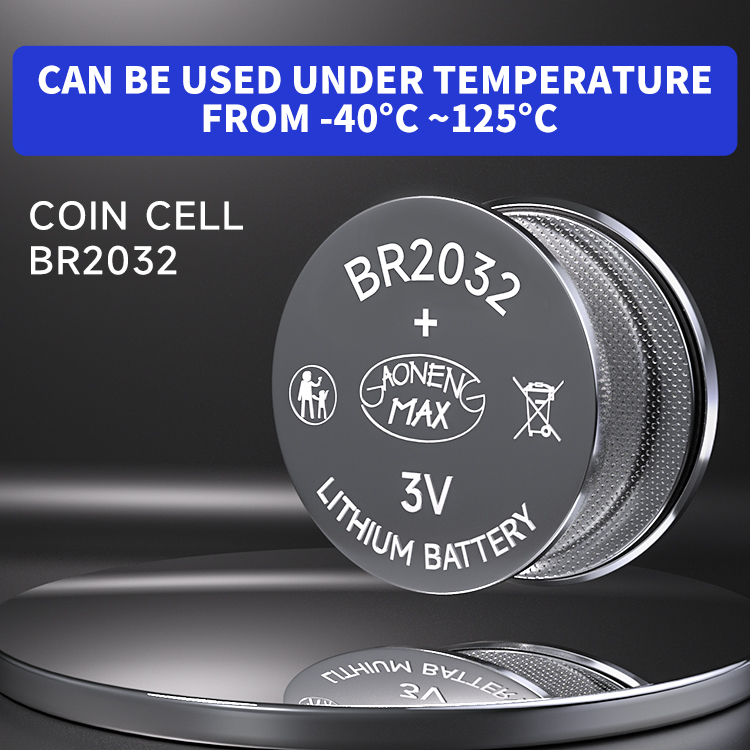
Automated equipment for lithium battery cell production is a suite of advanced, integrated machinery designed to streamline the complex manufacturing process of lithium-ion battery cells—from electrode preparation and cell assembly to formation and testing—while ensuring high precision, consistency, and efficiency. As the demand for lithium batteries grows (driven by electric vehicles, energy storage systems, and consumer electronics), manual production has become insufficient due to its high labor costs, low throughput, and risk of human error. Automated equipment addresses these challenges by automating key production steps, reducing defect rates (to <0.1% in advanced lines), and enabling mass production of cells with uniform performance. Core automated systems include electrode coating machines, laser cutting equipment, winding/folding machines, cell stacking systems, electrolyte injection machines, and automated testing lines, each tailored to a specific stage of cell production.
Electrode Preparation Automation
The electrode preparation stage—critical for cell performance—relies on automated coating, drying, and cutting equipment. Automated electrode coating machines use precision slot-die coating technology to apply a uniform layer of active material (e.g., lithium cobalt oxide for cathodes, graphite for anodes) onto metal foils (aluminum for cathodes, copper for anodes). These machines feature real-time thickness monitoring via laser sensors, which adjust the coating speed and material flow to maintain a thickness tolerance of ±2μm—essential for consistent energy density and charge/discharge performance. After coating, automated drying ovens use controlled hot air or infrared heating to remove solvents from the electrode, with temperature zones (typically 80°C-150°C) and conveyor speeds optimized to prevent material cracking or uneven drying. Automated laser cutting machines then trim the dried electrodes into precise shapes (e.g., rectangular or custom formats for EV cells), with high-speed lasers (up to 1000 cuts per minute) that minimize material waste and avoid burrs (which can cause internal short circuits). Some advanced lines integrate AI-driven vision systems to inspect electrode quality, rejecting any with defects like pinholes or uneven coating.
Cell Assembly Automation
Cell assembly—combining electrodes, separators, and current collectors into a functional cell—uses automated winding, folding, or stacking equipment, depending on the cell type (cylindrical, prismatic, or pouch). For cylindrical cells (common in consumer electronics), automated winding machines wrap anode, separator, and cathode foils into a tight spiral (jellyroll) at speeds up to 200 jellyrolls per minute, with tension control systems to prevent separator tearing. For prismatic or pouch cells (used in EVs), automated stacking machines layer individual electrode sheets and separators into a stacked structure, using robotic arms with vacuum grippers to place each layer with a positional accuracy of ±0.1mm. After winding/stacking, automated tab welding machines (using ultrasonic or laser welding) connect the electrode tabs to current collectors, ensuring strong, low-resistance joints—ultrasonic welding is preferred for its speed (1-2 welds per second) and ability to avoid thermal damage to the separator. Automated cell casing machines then seal the electrode assembly into metal (cylindrical/prismatic) or aluminum-plastic (pouch) casings, with leak-proof sealing to prevent electrolyte leakage.
Electrolyte Injection and Formation Automation
Electrolyte injection—filling the sealed cell with lithium-ion conductive electrolyte—requires high precision to avoid air bubbles (which reduce performance) and contamination. Automated electrolyte injection machines use vacuum chambers to remove air from the cell before injecting a precise volume of electrolyte (typically 0.5-5mL, depending on cell size) via needle dispensers with flow rate control. After injection, automated formation equipment charges and discharges the cell at controlled current rates (e.g., 0.1C-0.5C) to form a stable solid electrolyte interphase (SEI) layer on the anode—critical for preventing further electrolyte decomposition. These systems monitor cell voltage, current, and temperature in real time, adjusting parameters to ensure uniform SEI formation. Post-formation, automated aging chambers store cells at controlled temperatures (25°C-45°C) for 24-72 hours to stabilize performance, with automated conveyors moving cells between stations to minimize handling.
Testing and Quality Control Automation
Automated testing lines validate cell performance and safety before packaging. Automated capacity testing machines charge and discharge cells at standard rates (e.g., 1C) to measure capacity, energy density, and charge/discharge efficiency, rejecting cells that fall below specifications (e.g., <95% of rated capacity). Automated safety testing equipment performs 针刺,crush, and thermal shock tests on sample cells to ensure compliance with standards like IEC 62133 or UL 1642—for example, a thermal shock test cycles cells between -40°C and 85°C to simulate extreme conditions. AI-driven data analytics systems collect data from all production stages (coating thickness, welding quality, test results) to identify process bottlenecks and improve yield—some advanced lines achieve yields of 98% or higher.
In applications, automated production equipment enables scalable lithium battery manufacturing: EV battery plants use multi-line automated systems to produce 100,000+ cells per day, while consumer electronics factories use compact automated lines for small cylindrical cells. As battery technology advances (e.g., solid-state batteries), automated equipment is evolving to handle new materials (e.g., solid electrolytes) and processes (e.g., thin-film electrode deposition), ensuring continued efficiency and performance improvements.
Read recommendations:
Lithium Battery GN60120
What are the basic performance requirements of explosion -proof lithium batteries
Influence of different temperature on performance of lithium battery pack
connector for energy storage battery Product
lithium polymer battery 10000mah












































 360° FACTORY VR TOUR
360° FACTORY VR TOUR
 Whatsapp
Whatsapp
 Tel
Tel Email
Email TOP
TOP